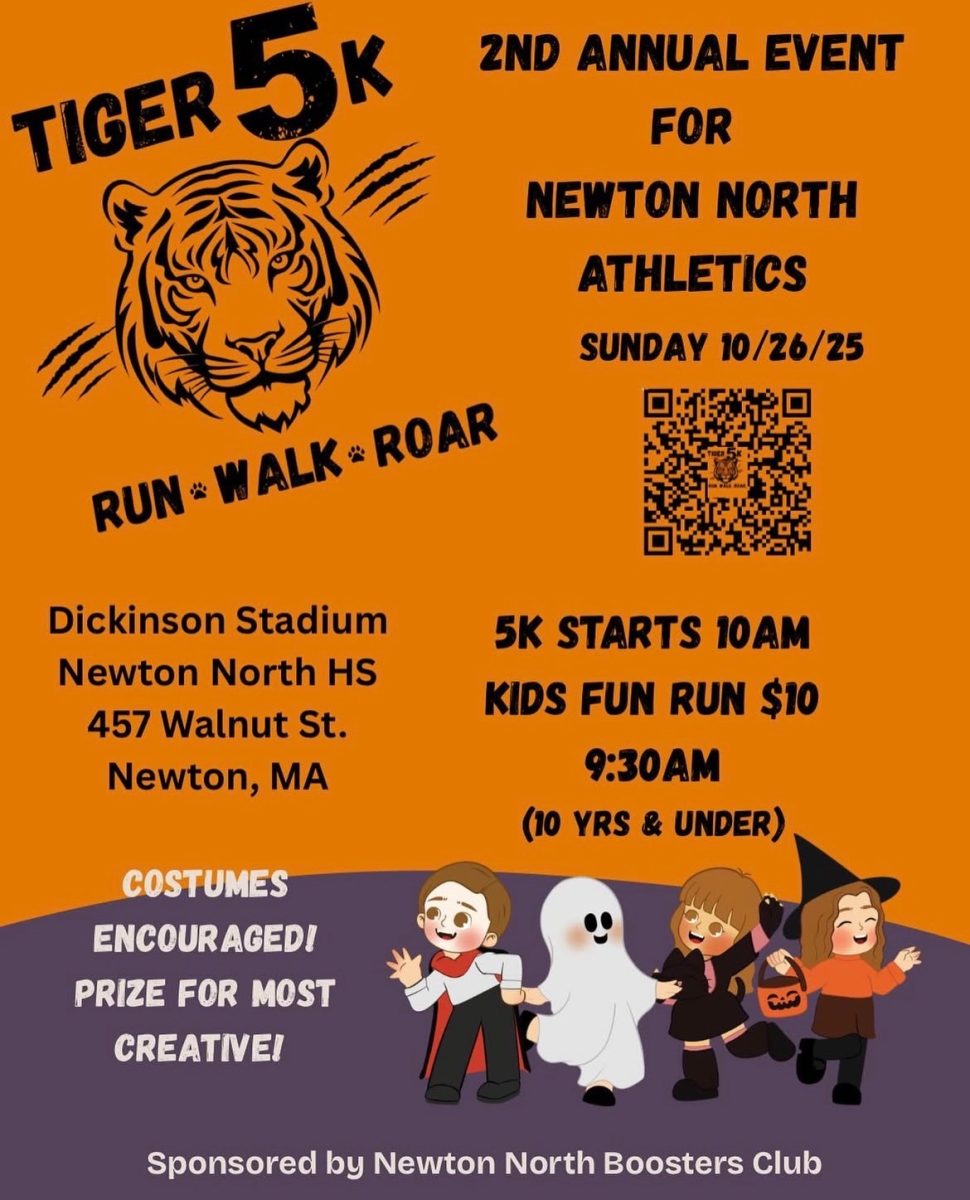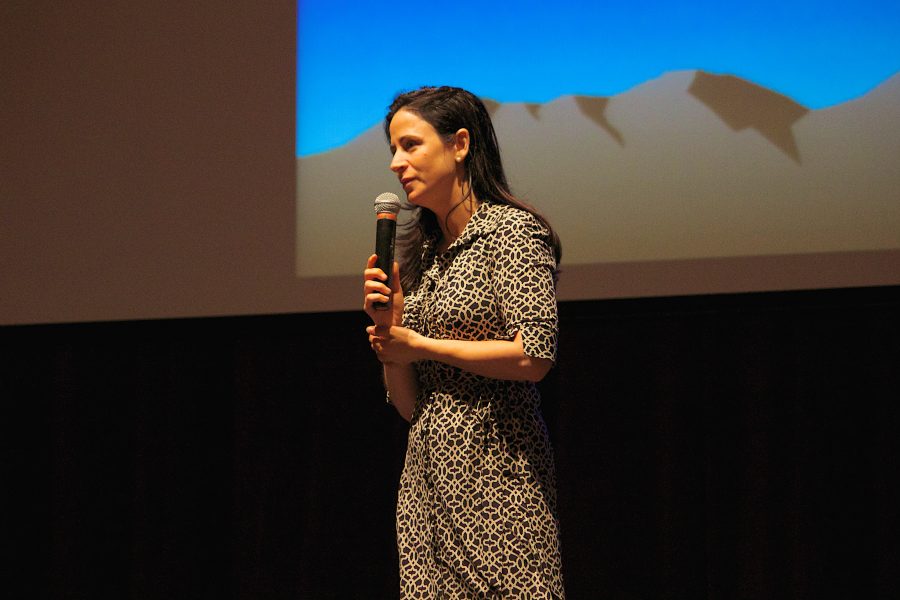
by Jonny Levenfeld
Students attended a workshop run by the Benson-Henry Institute of Mind Body Medicine at Mass General Hospital today B-block in the auditorium.
Rana Chudnofsky, the institute’s Director of Education, spoke about how stress affects the entire body and offered several strategies to combat anxiety. Chudnofsky has traveled to various schools and universities across the country to lead similar presentations.
To start, Chudnofsky asked the audience if anyone was feeling stress, and nearly everyone—students and teachers alike—raised their hands in response. Chudnofsky then said that her techniques can be useful for academics, athletics, and social situations, stressing that the idea is “to bring our bodies back into balance.”
After discussing the ways in which stress and anxiety elicit certain reactions in the human body, (for example, hand temperature often decreases in stressful situations), Chudnofsky dimmed the lights and led a series of breathing exercises. The audience was encouraged to target individual areas of the body while breathing to allow muscles to relax and let go of any tension. According to Chudnofsky, focusing on breathing can be key in promoting relaxation.
Chudnofsky also mentioned the growing issue of insomnia in an age when students are constantly distracted by technology. She explained that simple actions such as writing out thoughts in a journal before sleeping can go a long way in “shutting off” one’s mind.
More technology also causes a lack of mindfulness, and studies indicate that people can absorb more information when they are mindful, according to Chudnofsky. To demonstrate her point, Chudnofsky had students stare at a blurry picture of a rural house for one minute before taking the picture off the screen and asking audience members to describe the picture.
Before taking questions, Chudnofsky had the audience stand up and go through a few minor physical exercises that are often helpful in reducing anxiety. Chudnofsky emphasized that there are many techniques to deal with stress—breathing, visualizing, exercising, disconnecting—and that “the important point here is to find something that works for you.”














































